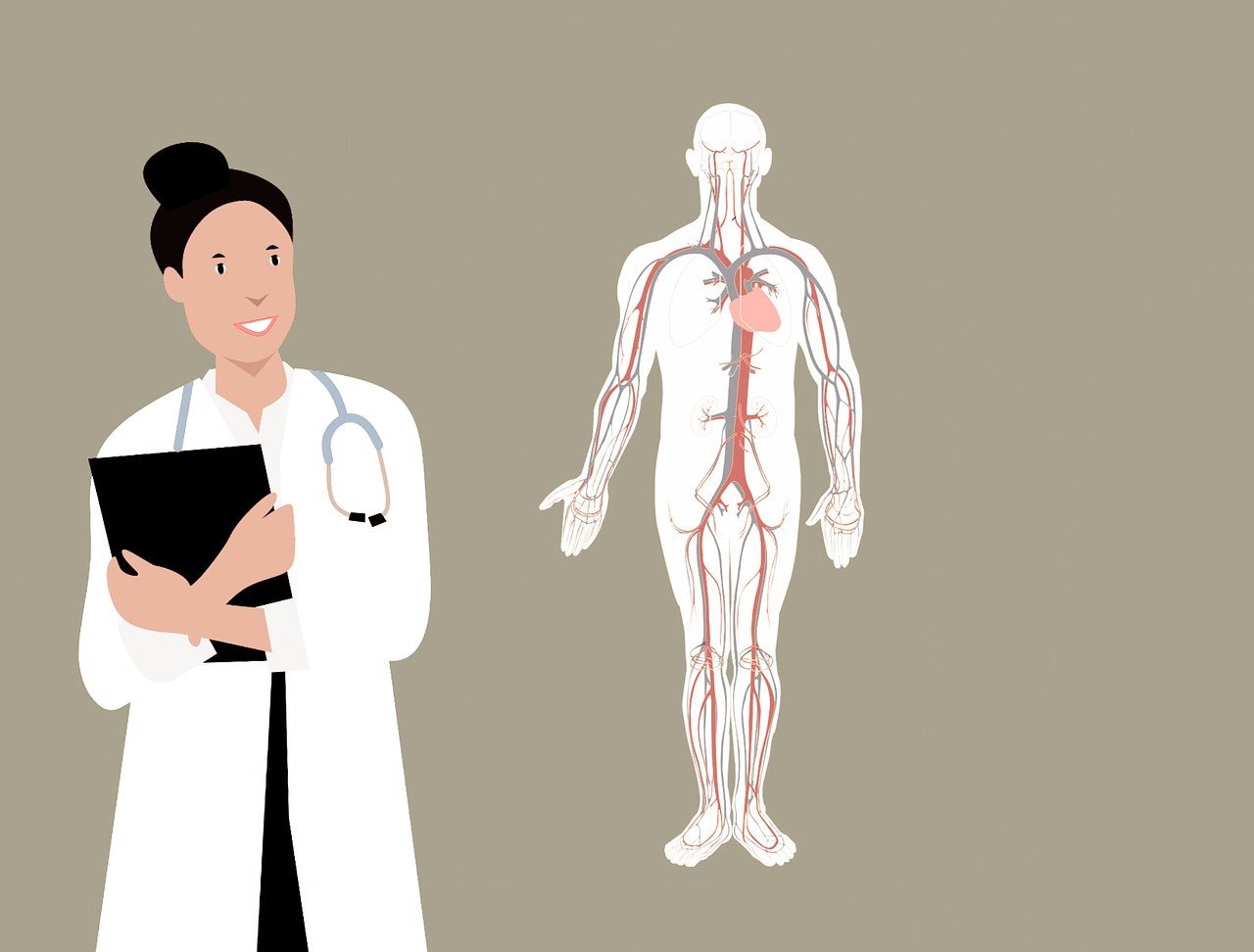Blog

Anti-inflammatory foods in your diet
Your diet has a profound impact on your overall health and disease risk. While some foods are known to contribute to chronic inflammation, others have been shown to decrease inflammatory markers and reduce the incidence of inflammation-related disease.

Ultra-processed foods linked to higher risk of premature death
Most people know that foods such as crisps, sweets, or takeaways aren’t the best for our health—but new research suggests a diet high in ultra-processed foods might actually put a person at higher risk of premature death.

The top seeds to boost your health
Seeds have served as an important food source since ancient times. Seeds, like pumpkin seeds and chia seeds, are packed with nutrients such as fibre, protein, healthy fats, vitamins, and minerals, and their consumption has been linked to a variety of health benefits.

Wonderful fermented foods to eat for gut health
Eating fermented foods can help maintain a healthy gut microbiome. Having a diverse array of bacteria in your intestinal tract not only supports regular digestion, but it also has been linked to everything from better mood and blood sugar control to lower risks of allergies and improved immune function.

Healthy types of oats for you
Eating oats can boost the nutrient density of your diet and protect your health in several ways. Studies show that eating oats may reduce heart disease risk by lowering LDL cholesterol, supporting the health of the digestive system, and boosting feelings of fullness after eating.

Can people with diabetes safely eat pineapple?
Pineapple is rich in nutrients. However, it can be high on the glycaemic index. If you’re living with diabetes, fresh pineapple may be a better option than canned, dried, or juiced pineapple.

Is it OK for people with diabetes to eat strawberries?
Strawberries, which are high in antioxidants and fibre, are part of a balanced diet. People with diabetes don’t have to avoid them, but it‘s important to know how they affect blood sugar.

How bananas affect diabetes and blood sugar levels
If you have diabetes, bananas can be part of a healthy eating plan. Some tips may help reduce blood sugar spikes, including selecting an almost-ripe banana and eating it with other foods.

Does Drinking Alcohol Make You Gain Weight?
Weight is certainly not the only factor when it comes to health. Still, there are a few things you may want to know about alcohol intake and body composition if you think drinking may affect your weight.

Is honey good for you if you have type 2 diabetes?
Some people add honey to their coffee and tea or use it as a sweetener when baking. But is honey safe for people with diabetes? The short answer is yes but only under certain conditions.

Common micro stressors and how to tackle them
Stress is something that all of us experience – it can come and go, or affect us over long periods of time. This stress can come from a number of different places, and we can often trace them back to big events in our lives. But something you may not be so aware of is the way that micro stressors affect our wellbeing.

Why do men get a middle-aged spread and what can they do about it?
As a society we are very quick to make jokes about people’s changing appearance as they get older. We often joke about men gaining weight around their middle in their middle age. The fact is that as men get older it does get harder for them to lose belly weight. It’s the same for women of course but for different reasons, or should I say different hormones?

5 natural ways to increase dopamine
Dopamine, our body’s happy hormone, plays a big role in helping us feel satisfied and motivated. But is there a way to naturally increase it to give us that ‘good job’ feeling all day long?

How diabetes can impact your mental health
Millions of people visit hospitals with diabetes-related complications each year. New research has found that mental health disorders account for a notable proportion of hospital admissions. Those diagnosed with type 2 diabetes in earlier adulthood are more likely to be affected by mental health concerns. More research is needed into how early diagnosis impacts mental well-being.

Your guide to diabetes foot care
If you have diabetes, nerve damage, circulation problems, and infections can lead to serious foot problems. However, you can take precautions to maintain healthy feet.

Type 2 diabetes and skin health
Proper blood sugar management can often help prevent or reduce skin problems that arise with diabetes. Conversely, some skin conditions can signal that glucose levels need to be addressed.

Managing glucose levels
If you have diabetes, managing your blood glucose level is an important part of managing your condition. That’s because high blood sugar levels can cause long-term complications. Knowing your numbers will also help inform your doctor about changes you may need to make to your treatment plan.

Benefits of bringing diabetes into remission
New research has revealed that diabetes remission is associated with a lower risk of cardiovascular disease and chronic kidney disease. Type 2 diabetes remission is possible through lifestyle interventions — such as exercising and eating healthy — that lead to significant weight loss. It can be difficult to maintain diabetes remission through lifestyle changes alone, but if long-term remission is achieved, the effects on heart and kidney health can be substantial.

Insulin Resistance
Insulin resistance increases your risk of developing diabetes. You could be insulin resistant for years without knowing it. This condition typically does not trigger any noticeable symptoms, so it’s important to have a doctor regularly check your blood glucose levels.

Why should you count carbs?
Dietary guidelines from around the globe traditionally recommend that you get around 45–65% of your daily calories from carbs if you have diabetes. However, a growing number of experts believe that people with diabetes should eat far fewer carbs. In fact, many recommend less than half this amount. Counting your carbs will help ensure that you stay within the range that’s best for you.
